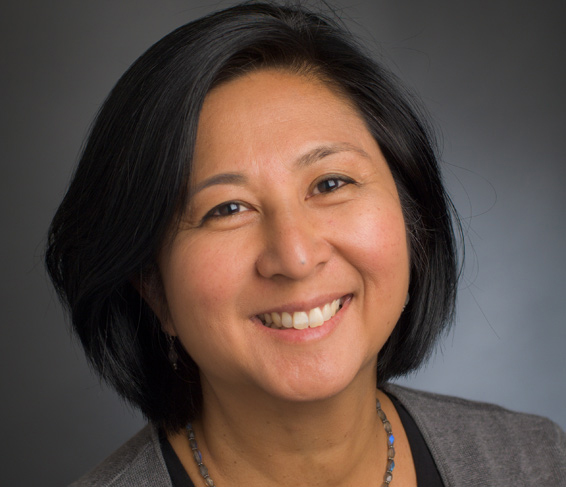
Q&A with Nina Muriel, MD, MPH
January 29th, 2021
Anna (Nina) Muriel MD, MPH is a Child Psychiatrist and Division Chief for Pediatric Psychosocial Oncology at Dana-Farber Cancer Institute. She is Associate Professor of Psychiatry at Harvard Medical School, and has taught in the PCEP course and in the interdisciplinary palliative care fellowship.
Why did you decide to work in palliative care?
Palliative Care was a natural extension of my early work with seriously ill parents at MGH. Helping families cope with the illness and death of a parent led me to collaborations with palliative care clinicians and teaching palliative care fellows about psychosocial issues. As I transitioned to the DFCI to work with children with cancer, I appreciate working closely with the Pediatric Advanced Care Team to care for our most complex patients. Psychosocial care of families coping with serious illness brings out meaningful aspects of family life and human experience and allows me to work with incredibly dedicated and thoughtful teams. I am privileged to talk with patients and their families about some of their most vulnerable experiences and fears, and do my small part to ease suffering.
Tell us about your area of expertise. What drew you to this?
I find it very satisfying to work at the interface of medical and psychiatric issues. Sometimes this involves normalizing human emotions and illness experiences for families, and other times it means teasing out the distinction between physical and psychiatric symptoms and their causes. I am working with my multidisciplinary team to develop a psychosocial screening process for all newly diagnosed children with cancer so that we can provide appropriate psychosocial care in a timely way. I am also interested in the emotional and behavioral side effects of steroids used to treat childhood leukemia, and how we can help those children function better during treatment.
What is your favorite part of your job?
My job is never boring! I love meeting patients and families of all different backgrounds and helping them figure out how they can cope best with cancer. I also get to work with so many clinicians who bring unique expertise and approaches to patient care. Every day is a bit different, bringing new challenges, and new shared experiences.
Tell us about your background.
I was raised in New York City and my parents are from the Philippines. I came to New England for college and medical school and have come to love it. I did not initially intend to go into medicine, but now could not imagine being as content in any other career.
What is the most helpful advice that you have received?
An early mentor advised me to find work that brings out my curiosity and sense of satisfaction and engagement. I am grateful to have found a field that keeps me constantly learning, interacting with people, and bringing together approaches to both the body and the mind.
